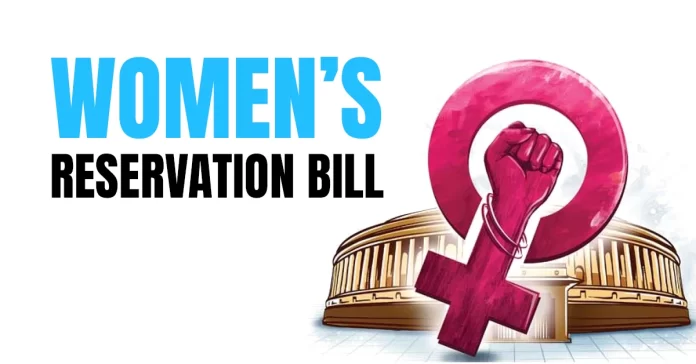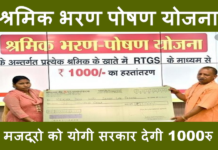A modification to Article 239AA, which bestows Delhi with its unique position as the nation’s capital, was also included in the bill. It aimed to use the phrase “scheduled castes and women” in place of the phrase “scheduled castes”.
The United Progressive Alliance (UPA) government introduced the 108th Constitution Amendment Bill in the Rajya Sabha in May 2010 in order to allocate one-third of all seats in the Lok Sabha and the state legislative assemblies to women. The bill was approved by the Rajya Sabha; however, it lapsed since the Lok Sabha did not vote on it.
By adding new provisions that would closely resemble the Articles that guarantee representation in Parliament and state assemblies for Scheduled Castes (SC) and Scheduled Tribes (ST), the bill aimed to effect the necessary adjustment.
Here is a summary of the 2010 Bill.
The bill stated that reserved seats for women in the Lok Sabha could be distributed via rotation to various constituencies in states or union territories.
The bill aimed to add a new Article 330A to the Constitution specifically for this provision. This clause would have been similar to Article 330 of the Constitution, which mandates that seats in the Lower House be reserved for SCs and STs.
Seats for women in the Lok Sabha shall be reserved, according to Section 1 of the proposed Article 330A. According to the proposed article, if a state or Union Territory only has one seat, it will be reserved for women on a rotating basis—in this case, in every third election, with the seat being unreserved in the two preceding elections. The bill attempted to apportion a third of the seats designated for SCs and STs to women on a rotating basis. As a result, no seat would have effectively been set aside for SC or ST women in subsequent elections.
The bill recommended that one of the two Lok Sabha seats set aside for Anglo-Indians be reserved for women in two out of every three subsequent elections. The representation of the Anglo-Indian community in the House of the People is covered by Article 331.
Assembly of States
The second amendment to the Constitution suggested by the 2010 Bill dealt with SC-ST seats in state assemblies and was found in Article 332A.
According to the proposed law, women would be given one-third of all Assembly members. Similar to the Lok Sabha provision, the bill intended to rotate award a third of the seats designated for SCs and STs to women.
A modification to Article 239AA of the Constitution, which bestows Delhi with its unique position as the nation’s capital, was also included in the 2010 Bill.
The number of seats in the Legislative Assembly overall, the number of seats reserved for Scheduled Castes, and all other issues relating to the operation of the Legislative Assembly are governed by laws passed by Parliament. The National Capital Territory is divided into territorial constituencies (including the basis for such division).
It was proposed to use the phrase “scheduled castes and women” in place of “scheduled castes.”.
Additionally, a sunset clause on reservations for women was suggested to be added to Article 334 of the Constitution. This clause would expire 15 years from the law’s effective date. Similar sunset provisions for additional seat reservations and special representation are covered under Article 334 and will expire after 70 years.



































